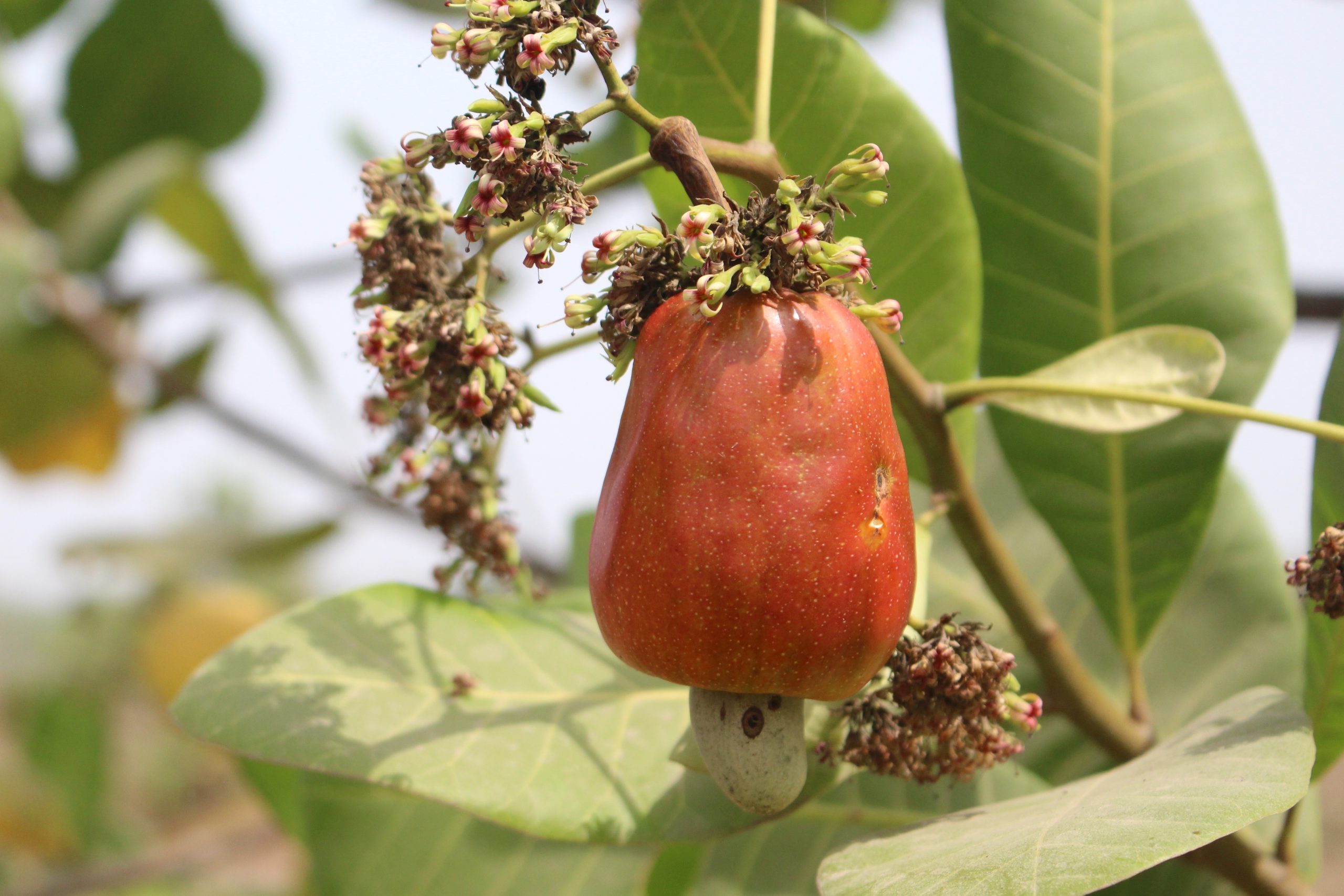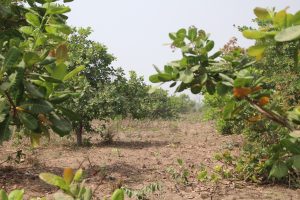
Introduction
Cashew farming in Nigeria is a lucrative venture as the country has agricultural potential, and is becoming a hotspot for agribusiness opportunities. Cashew trees (Anacardium occidentale) are native to Northeastern Brazil but have found a welcoming home in Nigeria’s tropical climate. If you are considering venturing into agriculture and want to explore the world of cashew farming, this guide will provide you with the essential steps to start cashew farming in Nigeria.
Understanding the Cashew Plant
Before diving into cashew farming in Nigeria, it’s crucial to have a good understanding of the cashew plant. Cashew trees thrive in well-drained soils with good sunlight exposure. They are resilient to drought conditions, making them suitable for Nigeria’s diverse climate. Cashew trees bear cashew nuts and cashew apples, both of which have commercial value.
Site Selection and Soil Preparation
Selecting the right site for your cashew farm is a crucial first step. Cashew trees prefer well-drained soils with a pH range of 6.0 to 6.5. Conduct a soil test to assess the soil’s fertility and composition, making amendments as necessary.
Prepare the land by clearing any debris and plowing the soil. Incorporate organic matter to enhance soil fertility. Adequate land preparation ensures optimal conditions for cashew tree growth and development.
Choosing Cashew Varieties
Several cashew varieties are suitable for cultivation in Nigeria. Some popular varieties include Hastom’s hybrid HOC-038 Cashew seeds and Brazilian jumbo-sized seeds. Consider factors such as yield, disease resistance, and local climate conditions when selecting the variety for your farm. Consult with agricultural experts or extension services like Hastom Nigeria to make an informed decision based on your specific location.
Propagation and Planting
Cashew trees can be propagated through seeds or grafting. While seeds are more accessible, grafting ensures the replication of desirable traits from parent trees. If opting for seeds, use nuts from high-yielding and disease-resistant trees.
Plant cashew seeds directly in the field or in nursery beds. Transplant the seedlings when they reach a height of 12-18 inches. Grafted plants should be obtained from reputable nurseries to ensure the desired characteristics.
Spacing is essential when planting cashew trees. The standard spacing is 10m x 10m. However, a spacing of 5m x 5m or 7m x 7m is recommended for proper canopy development and optimal sunlight exposure and also to have enough trees so as to uproot any less-producing tree as the farm develops.

Caring for Cashew Trees
Cashew trees are relatively low-maintenance, but proper care is essential for optimal growth and productivity. Some key practices include:
- Irrigation: While cashew trees are drought-resistant, supplemental irrigation during dry spells is beneficial, especially during the flowering and fruiting stages.
- Fertilization: Apply a balanced fertilizer during the growing season to meet the nutritional needs of the cashew trees. Regular soil testing will guide you in determining the appropriate fertilizer composition.
- Weed Control: Keep the area around cashew trees free from weeds, as they compete for nutrients and water. Mulching can be an effective weed control measure.
- Disease and Pest Management: Monitor your cashew trees regularly for signs of diseases and pests. Common issues include powdery mildew and cashew leaf and nut blight. Implement appropriate pest control measures, including the use of organic pesticides.
Harvesting and Processing
Cashew trees typically start bearing fruit in the third year. Harvesting usually occurs between late February and early June, depending on the region. Harvest cashew nuts when the cashew apple turns pink or red. The nuts are encased in a shell that must be carefully removed.
Processing cashew nuts involves drying them in the sun to reduce moisture content. Proper processing is critical for ensuring the quality of the nuts and maximizing their market value.
Marketing and Sales
Develop a marketing strategy for your cashew nuts. Identify potential buyers, such as local markets, processors, or exporters. Establishing partnerships with established players in the cashew industry can be beneficial for accessing markets and obtaining fair prices for your produce.
Conclusion
Embarking on cashew farming in Nigeria can be a rewarding venture, both financially and environmentally. By following these essential steps, you can establish a successful cashew farm and contribute to the growth of the agricultural sector in Nigeria. Stay informed, seek guidance from agricultural experts like Hastom Nigeria, and embrace sustainable farming practices to ensure the long-term success of your cashew farming venture.



